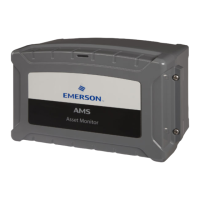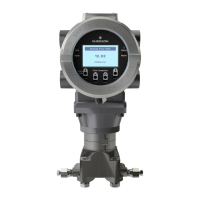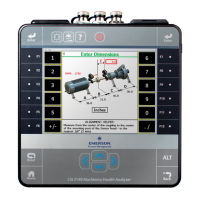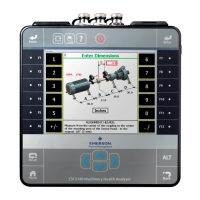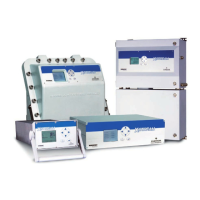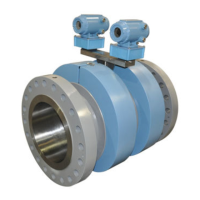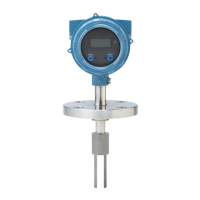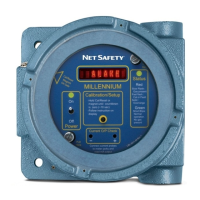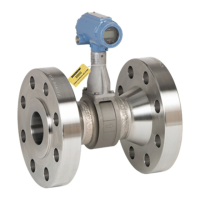User Instructions Section 5847
Spec. Nos. 586505000 and 5865055000 (Model LMS1000) Issue AL, July 24, 2006
Chapter 3. Commands Page 3-347
This document is property of Emerson Network Power, Energy Systems, North America, Inc. and contains confidential and proprietary information owned by Emerson Network Power, Energy
Systems, North America, Inc. Any copying, use, or disclosure of it without the written permission of Emerson Network Power, Energy Systems, North America, Inc. is strictly prohibited.
This parameter does not apply to LMS1000. The only valid value for this parameter is
NULL. Invalid values for this parameter return an error response with the error code
INUP.
LMS1000 Response Format Variations:
<aidtype>
Valid values for an access identifier type response parameter are:
EQPT equipment
COM common
<ntfcncde>
This is the notification code parameter associated with a single condition given in this
block. Values are derived from the NOTIFICATION CODE attribute of the LMS1000
channel or limit configuration with which the alarm condition is associated.
Valid values for this parameter are as follows:
CR critical alarm
MJ major alarm
MN minor alarm
NA not alarmed
NR not reported
NULLdefaults to NA when the <typerep> parameter is a condition type, and has no
meaning if the <typerep> parameter is a state
<typereq>
This is the type of the condition being given in this block. Values are derived from the
CONDITION TYPE attribute of the LMS1000 channel or limit configuration with which the
condition is associated. If no condition exists on an LMS1000 channel, then the value of
this parameter is IS-NR (in service-normal).
<srveff>
This is the service effect parameter associated with a single alarm condition given in this
block. Valid values are the same as for the input format. Values are derived from the
SERVICE EFFECT CODE attribute of the LMS1000 channel or limit configuration with
which the alarm condition is associated. A NULL value implies that the effect on service
is unknown or that the <srveff> parameter does not apply.
<ocrdat>
This is the date when the triggering event occurred. The format for this parameter is
MOY-DOM (Month-Of-Year - Day-Of-Month). MOY ranges from 1 to 12, and DOM
ranges from 1 to 31. A NULL value for this parameter defaults to the current date unless
the <ocrtm> parameter is NULL, then this parameter does not apply.
<ocrtm>
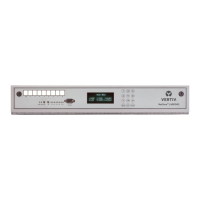
